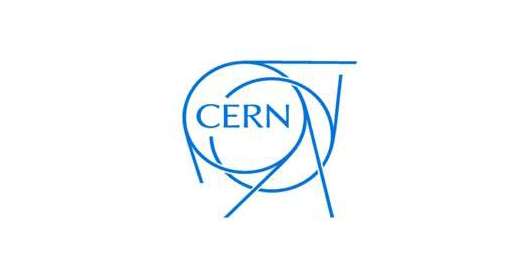
India became an associate member of the European Organisation for Nuclear Research (CERN), the world’s largest nuclear and particle physics laboratory.
In this regard, an agreement was signed by Dr. Sekhar Basu, Chairman, Atomic Energy Commission (AEC) and CERN Director General Dr. Fabiola Gianotti in Mumbai, Maharashtra.
India will formally become member of CERN around January 2017 after depositing an instrument of ratification.
Significance
As an associate member, India can take part in meetings of the CERN Council and its committees (Scientific Policy Committee and Finance Committee).
However India will not have voting rights on decisions of the council.
It will open up new avenues for Indian scientists to engage with their counterparts in front line research in physics and engineering.
It will help to boost India’s science credentials and give access to high end scientific technology.
It will also make Indian scientists eligible for staff appointments in CERN. Besides, Indian industry will be entitled to bid for CERN contracts.
Thus, it will open up opportunities for industrial collaboration in areas of advanced technology.
India will also has to contribute a certain amount of money for research activities including annual contribution of 11.5 million swiss frank to CERN.
Background
In September 2016, CERN Council adopted a resolution upgrading India’s position as associate member from earlier ‘observer’ status (since 2004).
Prior to it, in 2015 the Union Cabinet had given its nod to the proposal for India’s officially entry to CERN.
Earlier because of the observer status India was allowed to attend council meetings and to receive council documents but was not allowed to take part in the decision-making procedures of the organisation.
About European Organisation for Nuclear Research (CERN)
CERN as an organisation is world’s largest nuclear and particle physics laboratory. It is situated in North West suburbs of Geneva on France-Swiss Border. It was established in 1954.
Members: It has 22 member states, four associate member states (including India and Pakistan) and three International Organisations have observer status.
Functions: The laboratory helps scientists and engineers probing fundamental structure of Universe using the most sophisticated scientific instruments and advanced computing systems Provide the necessary infrastructure needed for high-energy physics research including particle accelerators.
Achievements: CERN operates the Large Hadron Collider (LHC) which is the world’s largest and most powerful particle accelerator.
It is associated with the discovery of the Higgs Boson which is popularly known as the God particle.
Indian scientists had active in construction of the LHC in the areas of design, development and supply of hardware accelerator components, software development and deployment in the machine.
They also had played significant role in the CMS (Compact Muon Experiment), one of the two large experiments that led to discovery of God particle.
Current Affairs 22nd November, 2016 Current Affairs Round Up Bullet Points, September, 2016 Current Affairs Round Up Bullet Points, October, 2016

Join The Discussion